U.S. Citizenship and Immigration Services has implemented a new way to pay fees using electronic debit from a U.S. bank account. Effective immediately, individuals can make transactions directly to USCIS by completing and signing Form G-1650, Authorization for ACH Transactions, and filing it with their applications, petitions, or requests.
The move aligns with Executive Order 14247, Modernizing Payments to and from America’s Bank Account, and is aimed at reducing the time and manpower required to process checks and money orders, as well as reducing the risks of fraud, lost payments, and theft.
This new ACH debit payment option is in addition to the existing option of paying by credit card using Form G-1450, giving individuals multiple options to pay required fees.
USCIS will continue to accept paper check and money order payments in addition to credit and debit payments until Oct. 28, 2025.
After Oct. 28, USCIS will accept only ACH debit transactions using Form G-1650 or credit card payments using Form G-1450.
USCIS has also issued updated guidance in the Policy Manual to include ACH debit transactions using Form G-1650 as an acceptable form of payment.
Applicants and petitioners should ensure their accounts have sufficient funds to cover all filing fees. USCIS may reject any application, petition, or request if the transaction is denied. If you do not have a U.S. bank account you cannot use Form G-1650, but you may submit Form G-1450, Authorization for Credit Card Transactions, and use prepaid credit cards to pay filing fees.
New form G-1650.


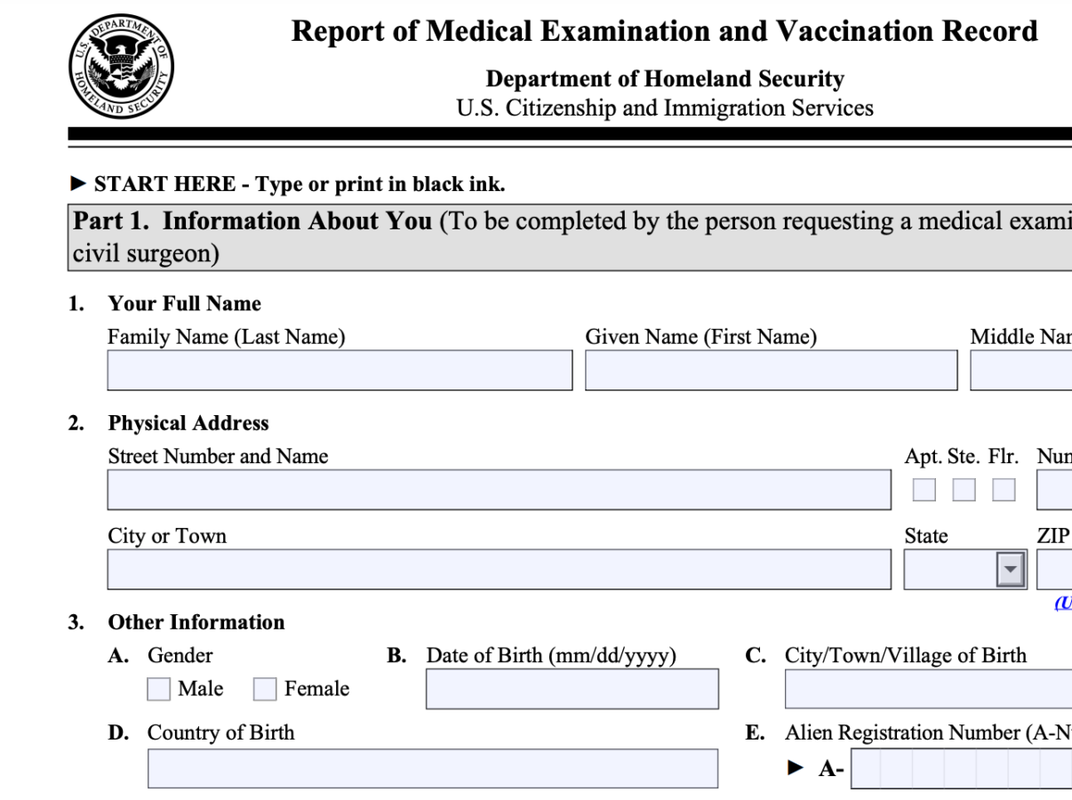
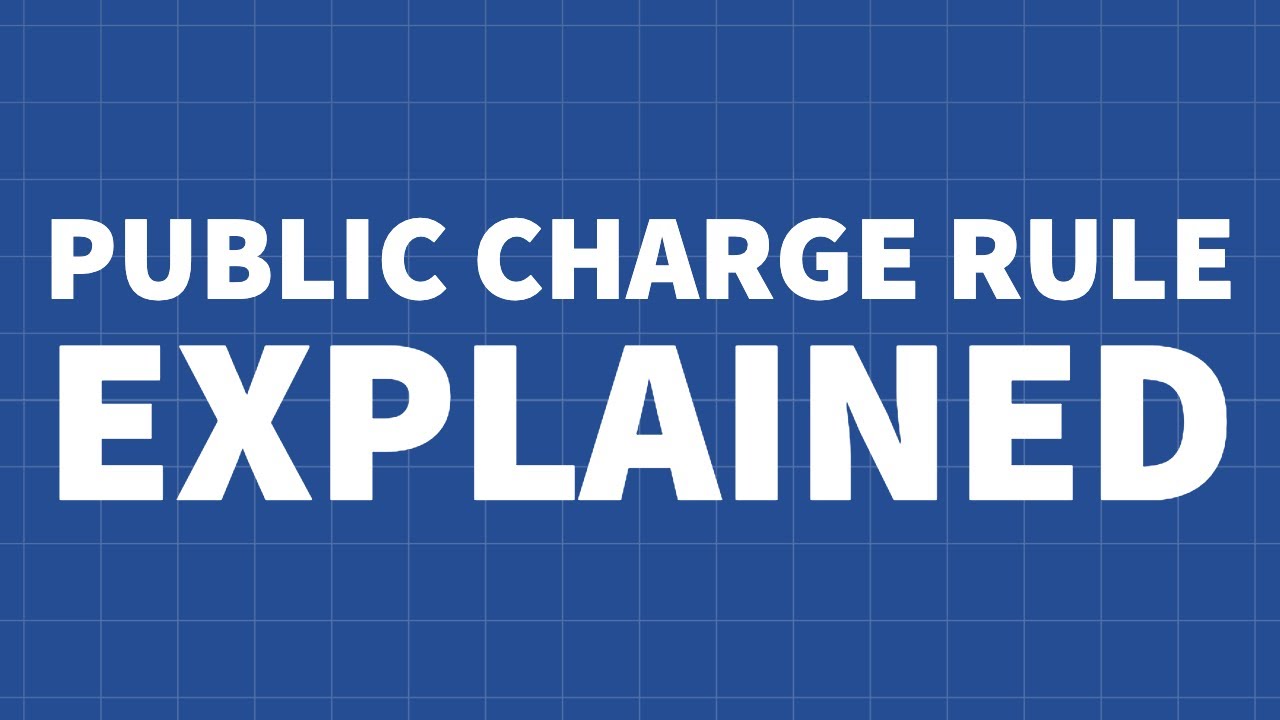


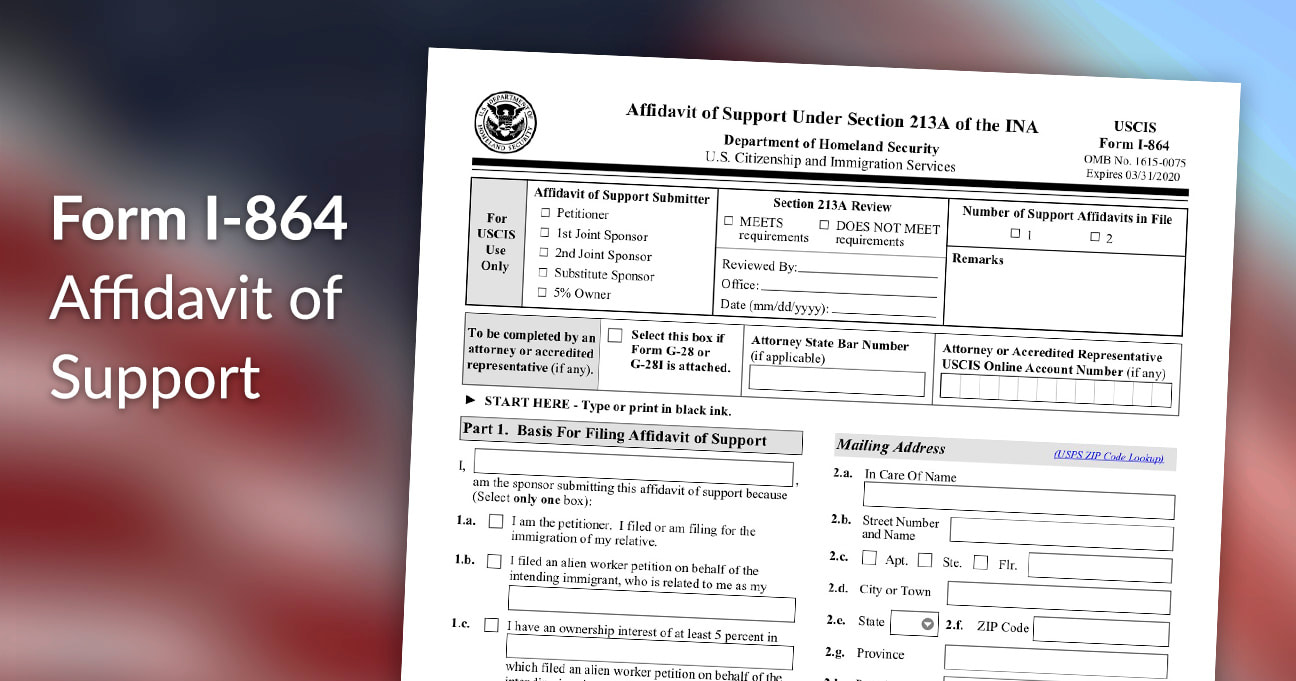
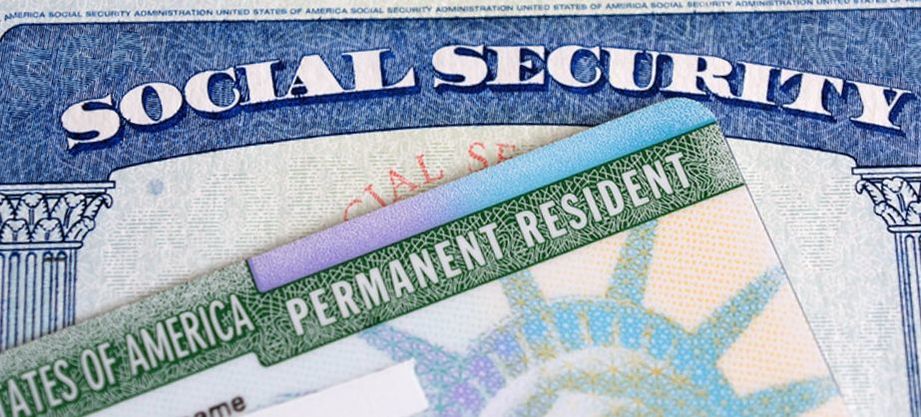
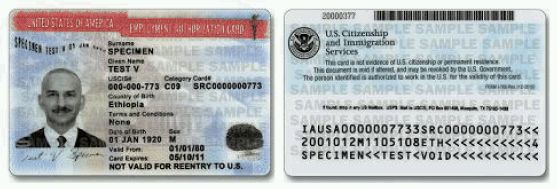

 RSS Feed
RSS Feed